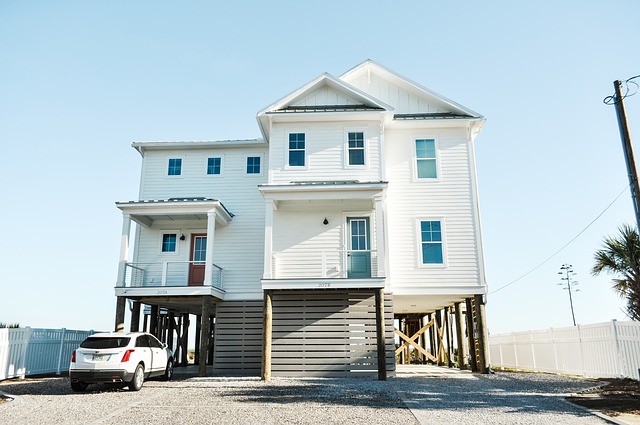
The government has moved to close the tax loophole enjoyed by second home owners who let properties stand empty for large parts of the year.
Housing secretary Michael Gove says under new rules holiday lets must be rented out for a minimum of 70 days a year to qualify for business rates, rather than be subject to higher council tax.
He adds from From April 2023, second homeowners will have to prove holiday lets are being rented out for at least this period a year.
The move comes amid growing criticism that local people in popular holiday destinations such as Cornwall, Devon, the Lake District, Suffolk, West Sussex and the Isles of Scilly are being priced out of their towns.
The government adds the move targets second homeowners who “avoid paying their fair share towards local services”.
Gove says that to qualify for business rate tax, holiday let owners will have to provide evidence, such as the website or brochure used to advertise the property, letting details and receipts.
They will also have to show that their properties were available to be rented out for at least 140 days a year.
Around 65,000 holiday lets in England are liable for business rates, of which around 97% have rateable values of up to £12,000, according to government data. Currently, there is no requirement for evidence to be produced that a property has been commercially let out.
Gove said: “The government backs small businesses, including responsible short-term letting, which attracts tourists and brings significant investment to local communities.
“However, we will not stand by and allow people in privileged positions to abuse the system by unfairly claiming tax relief and leaving local people counting the cost.
“The action we are taking will create a fairer system, ensuring that second homeowners are contributing their share to the local services they benefit from.”
Tourism Alliance Kurt Jansen director adds: “Establishing these new operational thresholds for self-catering businesses is welcomed by the tourism industry as it makes a very important distinction between commercial self-catering businesses that provide revenue and employment for local communities, and holiday homes which lie vacant for most of the year.”
Last July, the Welsh government said it would begin piloting a scheme to bring more second home owners into the council tax system.



